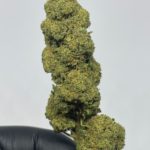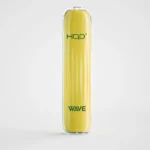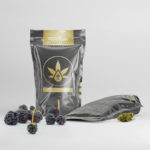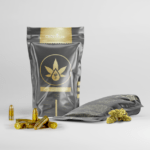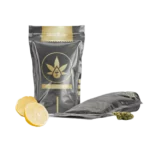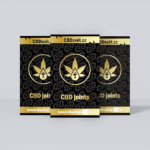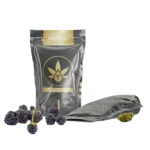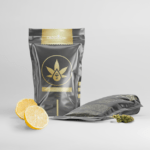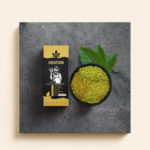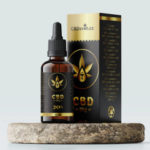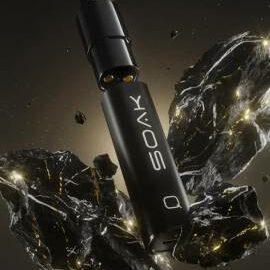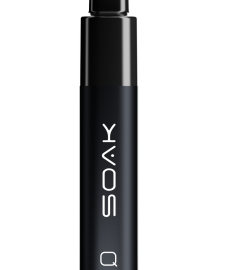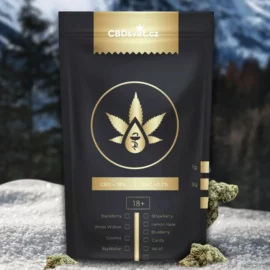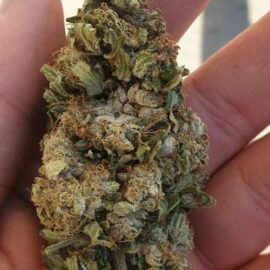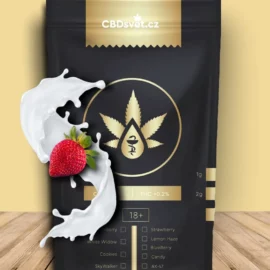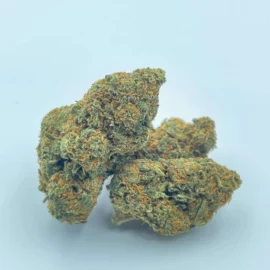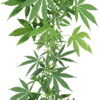Cannabidiol (CBD) should not show up on a drug test, but a large number of CBD products contain trace amounts of delta-9-tetrahydrocannabinol (THC), the main active ingredient in marijuana. If sufficient THC is present, it will show up on a drug test. In short, in rare cases, CBD use can lead to positive drug tests, all depending on the quality and composition of the product. Most CBD products are not regulated in any way, so you as a consumer cannot know what all is in them. Many factors depend on the likelihood of THC contamination, such as where the CBD extract comes from and how it is harvested;
Different types of CBD?
CBD varies by type, with some types more and some less likely to have THC in them. Cannabis plants contain hundreds of naturally occurring compounds, including cannabinoids, terpenes and flavonoids. Their chemical composition varies according to the strain and variety of the plant;
The highest concentration of THC is found in marijuana plants, whereas cannabis plants are legally required to contain less than 0.3% THC. CBD from hemp therefore contains less THC than CBD from cannabis. Of course, the variety of plant is not the only factor; harvesting techniques and refining methods also play an important role and can change what compounds are present in CBD;
CBD extracts are usually labeled as one of the following types:
- Cellulosic CBD – these extracts are typically extracted from various subspecies of marijuana and contain all the compounds that naturally occur in the plant from which they were extracted – include CBD along with terpenes, flavonoids, and other cannabinoids, including THC. On the other hand, CBD oil from hemp is legally required to contain less than 0.3 percent THC. Not all manufacturers list the origin of their full-spectrum extracts, so it is difficult to determine how much THC may be present;
- Broad-spectrum CBD – Like full-spectrum products, broad-spectrum products contain CBD and other compounds found in the plant, including terpenes and other cannabinoids. However, in the case of broad-spectrum CBD, all THC is removed. For this reason, broad-spectrum CBD products are less likely to contain THC;
- Isolated CBD – this is pure CBD without any additional compounds from the plant from which it was extracted. Isolate CBD usually comes from the cannabis plant and is sometimes sold as a crystalline powder or solid blocks that can be broken down and consumed, it is also available as an oil or tincture.
How much THC does it take to show up on a drug test?
Products that may be of interest to you
Drug tests test for the presence of THC or one of its main metabolites, which is THC-COOH. There are certain cutoff levels for the tests, so passing a drug test does not necessarily mean that there is no THC or THC-COOH in your body;
- Urin – Urine testing is widespread, and a THC-COOH level of 50 nanograms per milliliter (ng/mL) must be present to demonstrate a positive test. Generally, THC metabolites are detectable in urine approximately 3-15 days after use. However, more frequent and frequent use can extend this period to up to 1 month;
- Blood – blood texts are not as common because THC is quickly eliminated from the bloodstream. THC can be detected in plasma for about 5 hours, but THC metabolites can be detected for up to 7 days. Blood tests are done especially in cases of drink driving. Most states have a zero tolerance policy;
- Saliva – Saliva testing is not common and there are no cut-off values. THC is detectable in oral fluids for approximately 72 hours, but can be detectable for much longer with heavy use;
- Hair – also, hair testing is not common. THC metabolites are detectable in hair for up to 90 days. Private industry limits include 1 picogram per milligram (pg/mg) of THC-COOH.
How to ensure that the products you use do not contain THC
The safety of CBD products varies widely in this regard. First and foremost, you should be concerned with whether the product is derived from hemp or marijuana and whether the CBD is full, broad spectrum or pure CBD isolate. Always try to choose products that have this important information listed;
Bottom line, CBD should not show up on a routine drug test, but to be safe, only purchase quality CBD products that have minimal chance of THC contamination;
